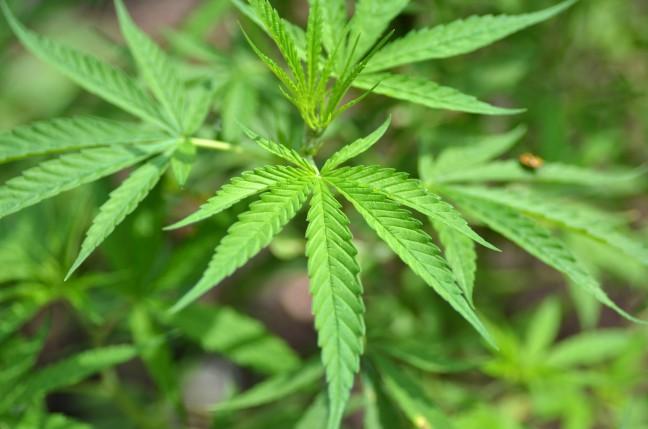Gov. Tony Evers announced Monday that his state budget would include plans to decriminalize small amounts of marijuana and legalize it for medical use.
The proposal will allow individuals to carry up to 25 grams of marijuana. It would also allow manufacturing and distribution of up to 25 grams, according to Evers’ official press release.
Those with medical conditions such as chronic pain, cancer, post-traumatic stress disorder and seizures will also be able to use marijuana for medicinal purposes under the proposal, according to the statement.
“Wisconsinites overwhelmingly agree that this is a critically important issue,” Evers said in the press release. “But it’s not just about access to health care, it’s about connecting the dots between racial disparities and economic inequity.”
Already, 16 counties and two municipalities voted by a majority last year to approve a non-binding referendum which asked if marijuana should be legal for medical or recreational use.
State Rep. Melissa Sargent, D-Madison, is amongst those who support the proposal. She has previously introduced marijuana legalization in the state Legislature during multiple sessions.
“I think it is really refreshing that we have a governor in the state of Wisconsin that is actually ready to hear the voices of the people in our state,” Sargent said.
The proposal will also call for expunging the records of those previously convicted with possession of small amounts of marijuana and have already completed their sentences or are on probation.
Evers also noted that Wisconsin has the highest incarceration rates in the country for black men.
Sargent also said that decriminalization stops the state from spending millions of dollars on the criminal justice system. Sargent believes decriminalization is a path to legalization.
Though the full proposal has not been released, it has already met some resistance. Republican Assembly speaker Robin Vos — who was open to medical marijuana in the past — commented Thursday on the likelihood of the proposal passing.
“There’s no chance republicans are going to go for recreational marijuana,” Vos said at a WisPolitics luncheon. “We’re not going to decriminalize it so people can carry around baggies of weed all over the state.”
Passing the proposal would mean that Wisconsin would join 30 other states and the District of Columbia in the legalization of some form of marijuana use according to Evers’ official release.
Sargent said she believes Wisconsin will see full legalization in the next five years.
“It is time the people of Wisconsin hold their elected officials accountable and make sure that they do what they promised during the campaign cycle,” Sargent said.
According to Sargent, full legalization will create tens of thousands of jobs, hundreds of millions of dollars in tax revenue and billions in economic stimulus. She added that it could be a larger economic opportunity for the state — larger than the Foxconn deal, for example.
Sargent also said that the proposal should include a public education component — especially for minors.
If the proposal passes, it is a little unclear how the University of Wisconsin and other Wisconsin universities will be affected.
UW police department communications director Marc Lovicott said in an email that the UWPD follows state statutes and laws when it comes to marijuana use.
He also mentioned that if there are changes to the law, the UWPD would follow those changes when they go into effect.
UW’s current drug policy states that students involved in a marijuana-related violation of university policy must attend cannabis screening and intervention for college students. It is unclear if this stipulation would change should Evers’ proposal pass.
For University Health Services alcohol, tobacco and other drugs prevention coordinator Jennifer Damask, prevention is important in the conversation about marijuana.
Attorney general candidates debate school safety, sexual assault, medical marijuana legalization
“How we are making sure we have funding and money to put into efforts of prevention — and then on the other side — rehab and support for people who are abusing or addicted,” Damask said.
Damask added that, when it comes to policies, it’s important to be proactive and think of all the public health concerns that go along with it. She also said that should the proposal pass, the university would take the necessary steps to inform students.
Evers’ proposal will be heard during the 2019 Budget Address.


